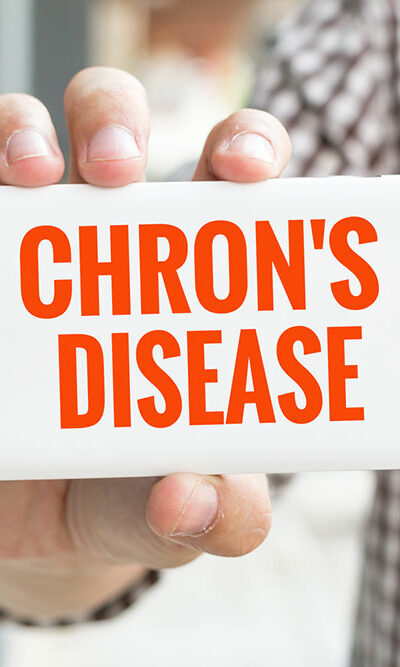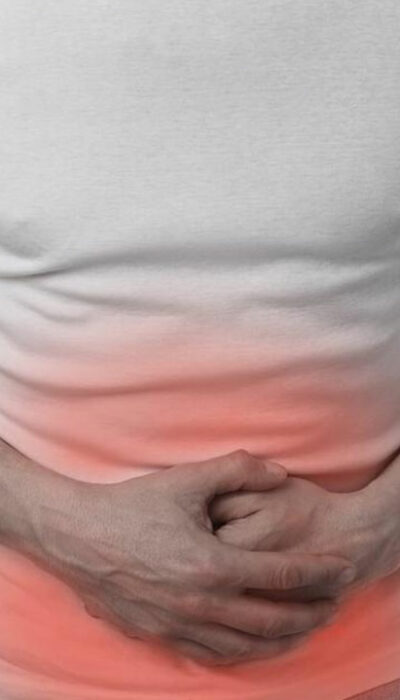
Effective Home Remedies for Irritable Bowel Syndrome
Irritable bowel syndrome or spastic colon is a health disorder that affects the colon or large intestine. This painful condition can strike anyone at any time. Irritable bowel syndrome (IBS) is a chronic condition that requires long-term management. Remedies for irritable bowel syndrome focus on providing relief from symptoms such as pain and abdominal cramps. IBS causes pain and discomfort but does not cause permanent damage to the intestinal tissues. Since there is no known cure for IBS, those affected by it will need to make changes in their diet and lifestyle to control its symptoms. Women are more prone to IBS than men. Symptoms of irritable bowel syndrome Bloating, stomach cramps, diarrhea, and constipation are some common symptoms of irritable bowel syndrome. Irritable bowel syndrome affects as many as one in five adults in the country. IBS affects a patient’s digestion and causes abdominal pain and changes in normal bowel function. There can be many triggers for IBS such as stress, unhealthy eating habits, irregular meal timings, indiscriminate caffeine consumption, or side effects of medicines. Top ten home remedies for irritable bowel syndrome So far, there is no single remedy or treatment for irritable bowel syndrome. However, there are numerous remedies for irritable bowel syndrome that help combat its symptoms. Here is a list of top ten home remedies for irritable bowel syndrome. Before following these remedies, it is best to consult your physician. Slippery elm extract: Native Americans have used this herbal supplement for several generations. It soothes the intestinal lining and relieves diarrheal symptoms. It is available in bottles as a therapeutic extract. You should mix a teaspoon of this extract in a glass of warm water. Green tea: It is rich in antioxidants and has a relaxing effect on the intestines and colon. You can make a glass of green tea and have it along with two drops of freshly squeezed lime.










